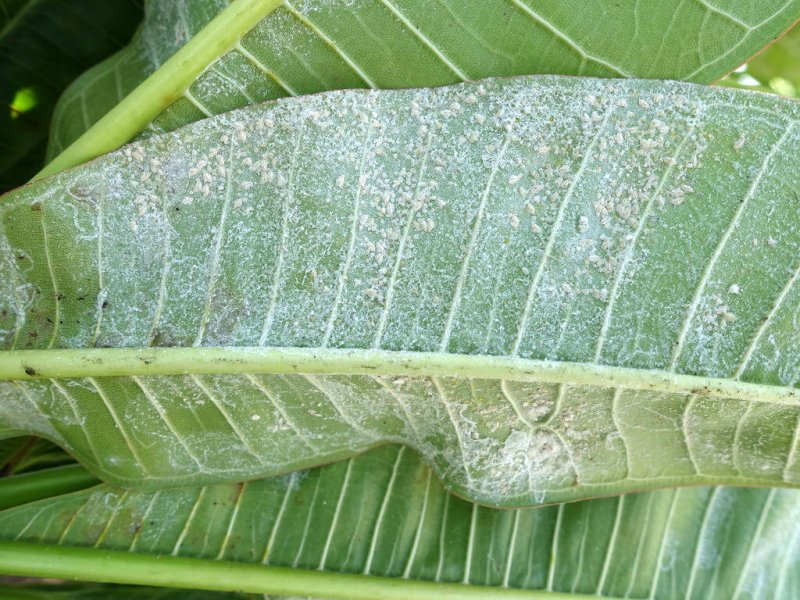Whiteflies are among the most important agricultural pests in the world, yet they have been difficult to genetically manipulate and control, in part, because of their small size. An international team of researchers has overcome this roadblock by developing a CRISPR/Cas9 gene-editing protocol that could lead to novel control methods for this devastating pest.
According to Jason Rasgon, professor of entomology and disease epidemiology, Penn State, whiteflies (Bemisia tabaci) feed on many types of crop plants, damaging them directly through feeding and indirectly by promoting the growth of fungi and by spreading viral diseases.
“We found a way to genetically modify these insects, and our technique paves the way not only for basic biological studies of this insect, but also for the development of potential genetic control strategies,” he said.
The team’s results appeared on April 21 in The CRISPR Journal.
…
Rasgon said the team hopes its proof-of-principle study will allow scientists to investigate the same strategy using genes that affect the ability for the insects to transmit viral pathogens of crop plants to help control the insects and protect crops.































